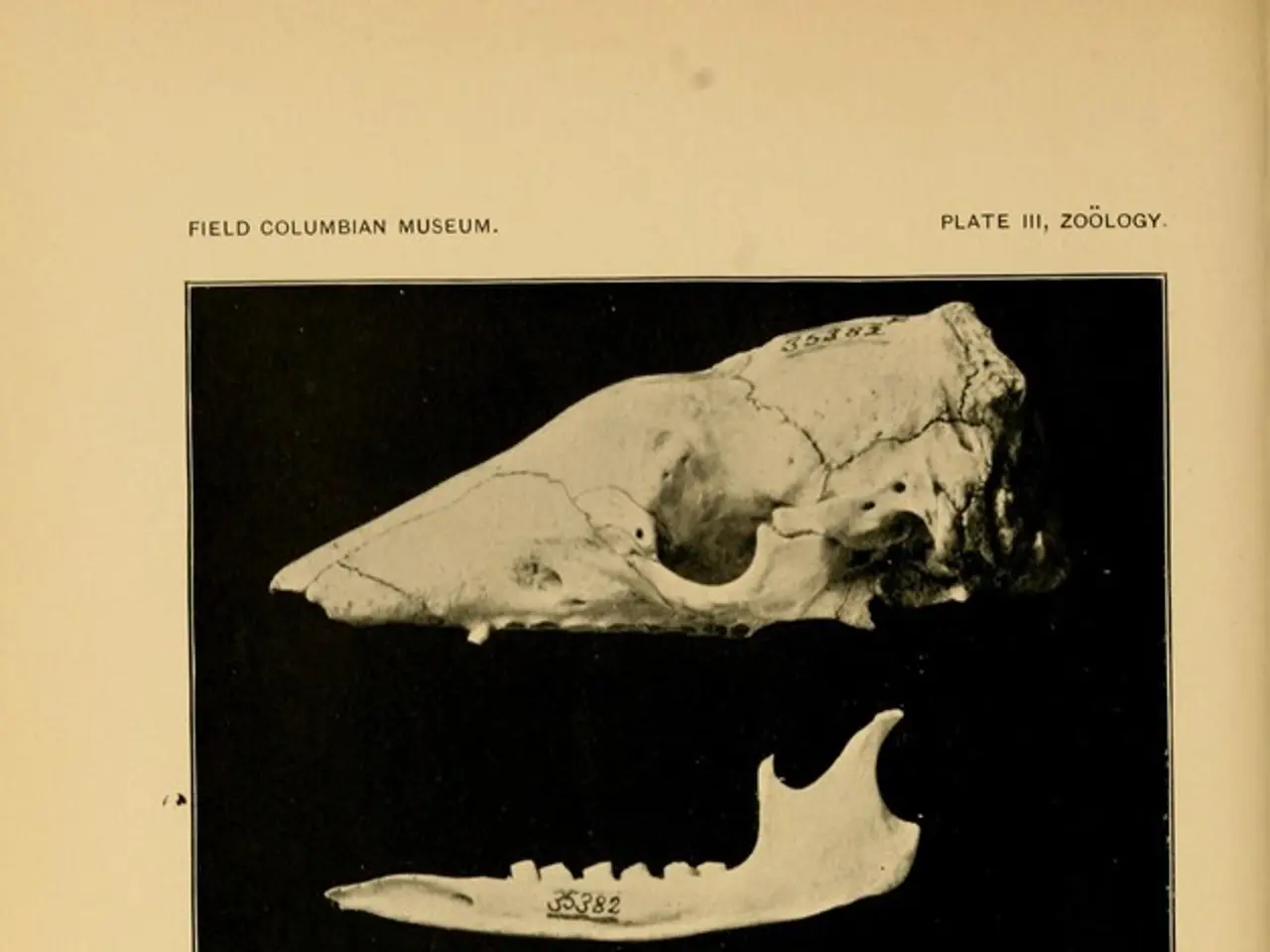Impact of Smoking on the Liver: Detailed Impacts Explored
Smoking has been identified as a significant risk factor for various liver diseases, including liver cancer and nonalcoholic fatty liver disease (NAFLD). The adverse effects of smoking on the liver are attributed to several causes, such as direct and indirect toxicity, immunologic mechanisms, and tumor stimulation [1][5].
Cigarette smoke contains toxic chemicals that can cause oxidative stress, leading to liver injury and fibrosis. This oxidative stress can restrict blood flow over time, potentially developing into cirrhosis, a condition of permanent liver damage [1].
Smoking's link to NAFLD is established through the accumulation of nicotine in the intestine, which activates a specific protein called AMPK. This activation leads to the production of ceramides and contributes to the progression of NAFLD [6].
In addition to these direct effects, smoking can impair the immune system's ability to resist hepatitis viruses, worsening liver damage [1]. It can inhibit the immune system's antibody production and initiate the loss of lymphocytes.
The good news is that quitting smoking can significantly improve liver health. Quitting "cold turkey" or with the help of national quitlines, nicotine replacement therapy, smartphone apps, support groups, self-care strategies, and mental health support can aid in quitting [2].
Quitting smoking lowers the risk of liver disease progression and liver cancer over time, with the risk decreasing the longer a person remains smoke-free [4]. Resuming smoking after quitting, even at lower levels, can increase cancer risk again [4].
In light of these findings, it is highly recommended to quit smoking. Common effective methods to quit smoking include nicotine replacement therapy (NRT), medications like varenicline or bupropion, behavioral counseling and support groups, digital tools and apps, and gradual reduction or cold turkey quitting, depending on individual preference and support available [3].
In conclusion, smoking damages the liver through multiple harmful mechanisms and quitting with supportive therapies is the best approach to reduce the risk of liver disease, cirrhosis, and liver cancer [1][4][5]. It is crucial to spread awareness about the dangers of smoking and the benefits of quitting to promote better liver health and reduce the incidence of liver-related diseases.
References:
[1] American Liver Foundation. (2020). Smoking and Liver Disease. Retrieved from https://www.liverfoundation.org/for-patients/about-the-liver/news/smoking-and-liver-disease/
[2] Mayo Clinic. (2021). How to quit smoking: 10 steps to take control. Retrieved from https://www.mayoclinic.org/healthy-lifestyle/quit-smoking/in-depth/quit-smoking/art-20045678
[3] National Cancer Institute. (2020). Quitting Smoking: Medications. Retrieved from https://www.cancer.gov/about-cancer/causes-prevention/risk/tobacco/quitting-smoking-fact-sheet
[4] World Health Organization. (2018). Smoking and cancer. Retrieved from https://www.who.int/news-room/fact-sheets/detail/smoking-and-cancer
[5] National Institutes of Health. (2020). Smoking and Liver Disease. Retrieved from https://www.niddk.nih.gov/health-information/liver-disease/smoking-and-liver-disease
[6] American Journal of Physiology. (2019). Nicotine-induced lipid metabolism in the liver promotes nonalcoholic fatty liver disease. Retrieved from https://www.ncbi.nlm.nih.gov/pmc/articles/PMC6305169/
- Despite being a significant risk factor for numerous liver diseases, including liver cancer and nonalcoholic fatty liver disease (NAFLD), quitting smoking can significantly improve liver health.
- The direct effects of smoking on the liver involve toxic chemicals causing oxidative stress, leading to liver injury, fibrosis, and potentially cirrhosis.
- Smoking's link to NAFLD is established through the accumulation of nicotine in the intestine, resulting in the activation of the AMPK protein, which contributes to the progression of NAFLD.
- In addition to these direct effects, smoking can impair the immune system's ability to resist hepatitis viruses, further damaging the liver.
- Chronic diseases like liver cancer and liver cirrhosis can be reduced by embracing workplace wellness programs that encourage medical-condition awareness, fitness-and-exercise, nutrition, mental-health support, and skin-care practices.
- In light of these findings, therapies-and-treatments like nicotine replacement therapy (NRT), medications, behavioral counseling, digital tools, apps, and gradual reduction or cold turkey quitting can aid in quitting smoking and addressing chronic diseases.
- Emphasizing health-and-wellness, particularly in the workplace, and promoting public awareness about smoking's dangers can lead to better liver health and reduced instances of liver-related diseases.




